As the new year begins, people flock to fitness centres with high hopes of changing their lifestyle, or at least being able to squeeze into their jeans for a while. Another sure sign of the new year is widespread discussion about the future. The megatrends Megatrend A general direction of development consisting of various phenomena and entailing widespread change, such as the ecological sustainability crisis. Megatrends are often considered to occur at the global level and the development is often considered to continue in the same direction. Open term page Megatrend that are reshaping our world are on everyone’s lips, and the media is full of headlines and special programmes highlighting the key events and themes of the past year as well as predictions of what’s to come.
At the individual level, people make New Year’s resolutions, or maybe even commitments. Someone might resolve to kick their sugar addiction, while someone else might commit to halving their carbon footprint Carbon footprint Emissions caused by human activity. It can apply to that of a company, an organisation, an activity, a product or an individual. In addition to carbon dioxide emissions, it also takes into account other significant greenhouse gas emissions such as methane and nitrous oxide. Open term page Carbon footprint .
2018 – the year of the ugly truth
The turn of the year is not only a time for resolutions and thinking about the future. It’s also a time to take a look back. In 2018, the public discussion featured themes that Sitra has been highlighting for some time. Or perhaps I should refer to one theme in particular, one that we at Sitra, along with other experts and researchers, have talked about for quite some time. An issue that is so difficult and complicated that it appears to have somehow been beyond the comprehension of us ordinary people. In 2018, however, it made headlines all over the world. It’s that big, ugly climate change.
Something may have finally clicked in the minds of the people who have seen headline after headline throughout the year. Perhaps there was also a corresponding change in what the experts in the field focused on. Now that the issue has been sufficiently studied, investigated, developed and communicated, the experts have gone from talking about threats to talking about solutions. Lots of solutions.
With so many potential solutions presented to us, all we need are decisions to be taken by policymakers, changes made by businesses and action initiated by individuals. As we approach another parliamentary election year in Finland, this makes for an interesting situation to say the least.
Another ugly truth that entered the public consciousness in 2018 involves the direction and trends of the data economy, namely how large international corporations are tightening their grip on people’s personal data, and how the added value created from that data is flowing into the pockets of a small number of American companies. We end up giving them access to our data voluntarily because we feel we have no choice but to do so, at least if we want to keep using social networks online.
The issues around data are not (physical) existential threats like climate change, but it is clear that changes and collective solutions are necessary.
2019 – the year of fair play
Difficult decisions need to be made and they will inevitably create winners and losers. People and businesses are in very unequal positions when it comes to major changes in society.
What kinds of decisions could help a Nordic welfare state achieve a fair transition towards becoming a carbon-neutral society? And what are our guiding principles when it comes to the climate change debate and the previously mentioned data economy? How quickly can we achieve renewal and make decisions on the big issues?
If 2018 was characterised by the widespread recognition of the need to fight climate change and the identification of solutions, the hot topic of debate in 2019 will probably be how to move towards these changes in a fair manner. At least that’s true for Sitra.
For a future fund such as Sitra, fair play will be one of the general key themes of 2019. Sitra is currently leading efforts to build a European version of a data economy as a counterpunch to the platform economy of US-based corporations and the state-led systems prevalent in Asian countries. In the proposed European model, the focus would be on people and their rights rather than the interests of large corporations or governments. In a fair data economy, the winners would also include smaller and more local companies that we as citizens consider deserving of our trust. That seems fair, doesn’t it?
Fairness, participation and providing opportunities to exercise influence are also among the guiding principles of project, which is aimed at reforming the cornerstones of Finnish democracy, and the Timeout project, which brings together rules, methods and tools for constructive and fair discussion.
What else will 2019 bring? Nobody knows, but we can always guess and try to use foresight Foresight Recognising factors that affect the future, charting alternative futures and determining measures required to reach the desired future. Foresight supports decision-making on the future, which inherently includes uncertainty. Foresight does not aim to precisely predict the future. Open term page Foresight . Sitra’s year will start in January with an event where we for .
Thank you, 2018. You were a strange but interesting year! Welcome, 2019. We’re looking forward to your arrival!
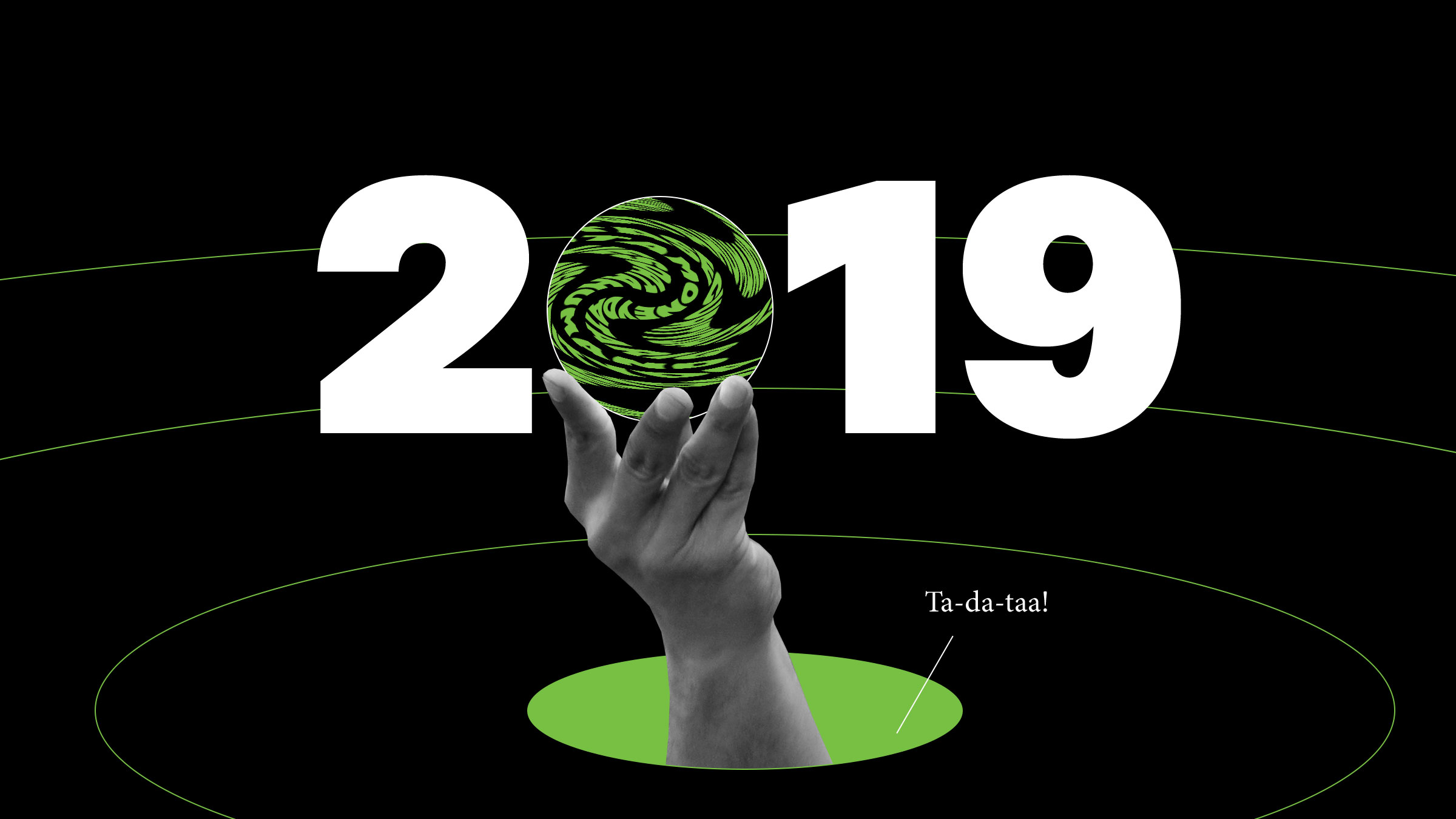
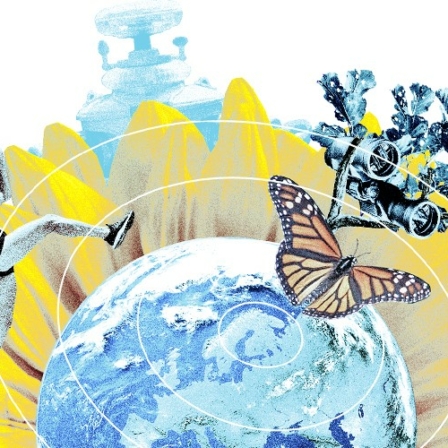
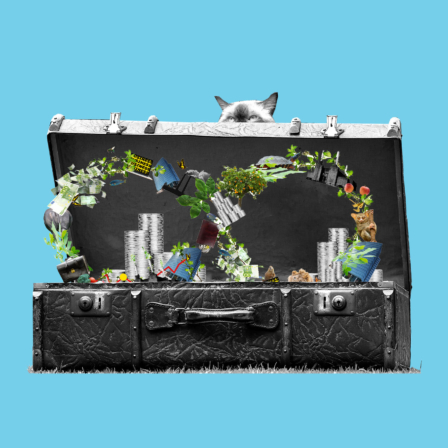

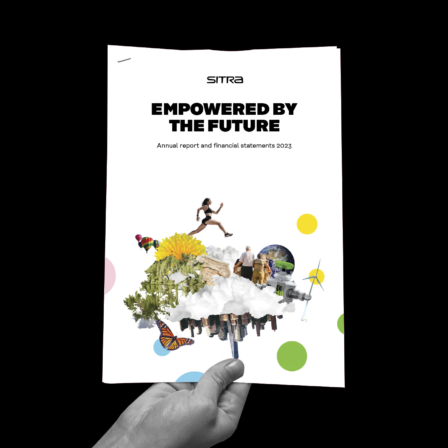






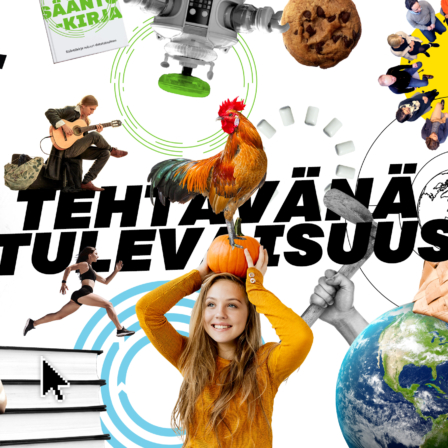





Recommended
Have some more.